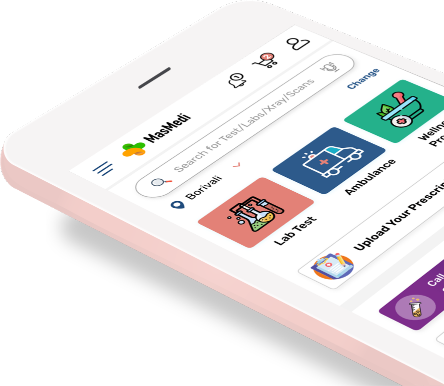Sample Type
Gender
Age Group
Blood
Male/Female
All Age Group
Often referred to as BT/CT. Bleeding / Clotting Time Tests are used to identify any disorders related to blood hemostasis. Bleeding time is the measure of the time taken for the bleeding to stop as a function of the platelet aggregation to form a plug and constriction of blood vessels. Bleed time test helps identify any disorder associated with the functioning of the platelets. Clotting time is the measure of the time taken in the formation of a clot after the bleeding has started. Clotting is the function of the enzyme thrombin, its precursor prothrombin, and clotting factors; hence, the clotting time test helps in the diagnosis of various disorders related to clotting factors or deficiency of vitamin K. Prothrombin Test (PT), also known as Pro Time Test, is a blood test that measures how long it takes for blood to clot. Often used for identifying bleeding problems, it is also used to check if medicines (mostly Warfarin) that prevent blood clots are effectively working.
best labs
Option Near Youlab comparison
As per your budgetAffordable
Price GuaranteedUNBIASED ADVICE
On LabsSUNDAY LAB
Labs available on SundaysTracking health status made easy with the app. Now available on both Google Play Store and App Store. Book health tests and access your smart reports and health trackers anytime anywhere.
